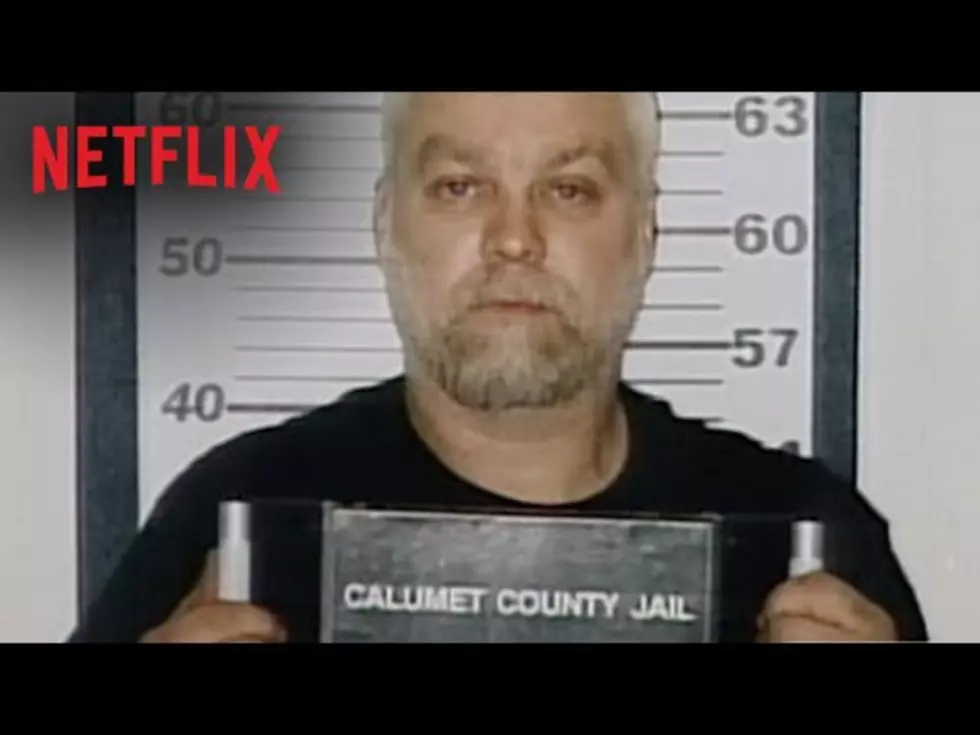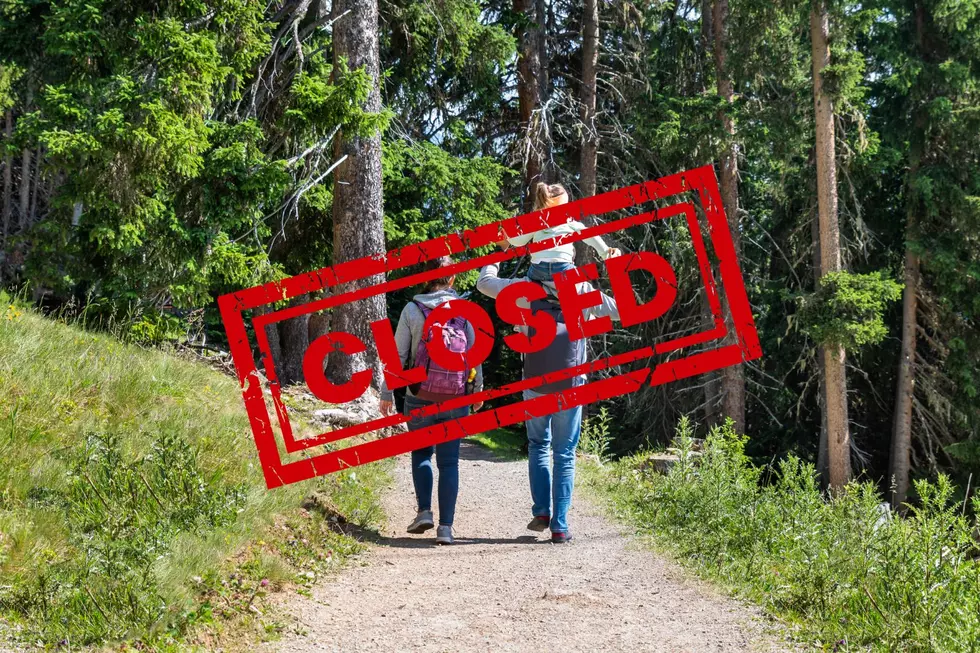
Evidence Against Steven Avery That Was Not Shown In Netflix’s “Making A Murderer”
It's the series that everyone is talking about. The ten part, ten hour documentary called "Making A Murderer" is a real-life crime drama about Steven Avery a Wisconsin man who spent 18 years in prison for a rape that he didn't commit. In the midst of suing the county for wrongful imprisonment he becomes the prime suspect of murder.
If you haven't seen it yet - please stop reading and start watching. You'll be glued to your TV.
Former Wisconsin state prosecutor Ken Kratz spoke with People Magazine following the release of "Making A Murderer" and claims that the series intentionally left out some key evidence.
“You don’t want to muddy up a perfectly good conspiracy movie with what actually happened,” he said."
Kratz talks about Halbach's Oct. 10, 2005 visit to the property owned by Avery's family for a photo shoot for AutoTrader magazine: According to him, Avery opened his door "just wearing a towel." Kratz says "She was creeped out by him" and told her employer that "She would not go back because she was scared of him."
Kratz also alleges that Avery requested her the day she was murdered.
He says, "At 8:12 a.m. on Oct. 31, the day Halbach was killed, Avery called AutoTrader magazine and asked them to send that same girl who was here last time." The former prosecutor says "Phone records show three calls from Avery to Teresa's cell phone on Oct. 31." One at 2:24p.m., and one at 2:35p.m. – Avery used the *67 feature on these calls so Teresa wouldn't know it was him...both calls were placed before she arrived. Then another at 4:35 p.m., without the *67 feature. Kratz says this was Avery's way to establish an alibi call after she's already been there.
The filmmakers responded to the People article saying, ""Ken Kratz is entitled to his own opinion, but he's not entitled to his own facts. We tried to choose what we thought was Kratz's strongest evidence pointing toward Steven's guilt, the things he talked about at his press conferences, the things that were really damning toward Steven. That's what we put in. The things I've heard listed as things we've left out seem much less convincing of guilt than Teresa's DNA on a bullet or her remains in his backyard."
More From 106.9 KROC-FM






